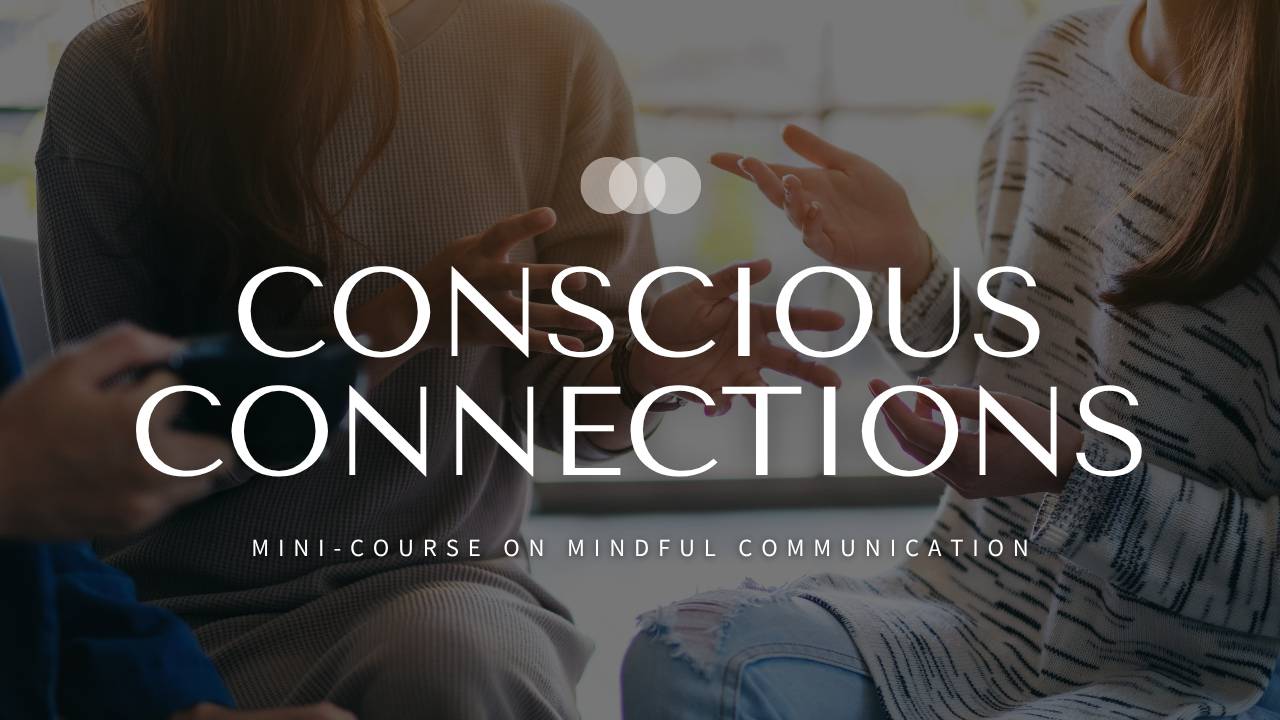Navigating Resentment in Relationships

Navigating Resentment in Relationships
Resentment is like that one guest at your party who never got the hint it was time to leave. You know the one—sticks around too long, eats all the snacks, and somehow, ends up making the whole evening about them. This emotion is common and often stems from all those times we've felt wronged, undervalued, or just flat-out ignored. But here's the kicker - as much as we might joke about it, we are NOT stuck with this unwanted guest. There's a way through the maze of grudges and grievances.
So, are you ready to leave the party of pity and head towards something a bit more... well, fun? Because I promise, working through resentment is less about enduring a lecture on 'letting go' and more about getting back to feeling like yourself again.
Understanding Resentment
Resentment is originally based on the Old French word "resentir," which means "the re-experiencing of a strong feeling." More specifically, resentment has two key features - rumination and lingering. Resentment is that bitterness left by unmet expectations, perceived injustices, and unresolved conflicts. It's the emotional response to feeling undervalued or unfairly treated. Perhaps your partner is not pulling their weight at home or a colleague is taking credit for your work. This kind of feeling doesn’t just appear out of nowhere; it builds up over time! How many times have you left a conflict unresolved, not talking things out? Or perhaps let a misunderstanding linger? How many times have you bit your tongue and not said what you really need or want?
For example, imagine you're consistently handling more than your share of household chores, hoping your partner will notice and pitch in. But days turn into weeks, and nothing changes. That initial disappointment might slowly simmer into resentment, feeling undervalued and overburdened. This experience can be both exhausting and isolating.
Resentment in a relationship can lead to more breakdowns in communication, a lack of intimacy, and slowly erode trust over time — all of which are foundational elements of any healthy relationship. What I find interesting is that resentment is known to be the "emotion of justice" and this may be the reason we find it so hard to let go of.
Gratitude researcher, Kerry Howells, states, "Resentment is known as the “emotion of justice,” as it is usually accompanied by the sense that we need to hold on to our resentment in order to take a moral stance on unacceptable behavior. To give up our resentment can often feel like we are letting the other person off the hook or condoning their behavior."
But this ISN'T the case, you are NOT letting them off the hook. You are freeing yourself Your ego is the thing that wants you to hold on for "justice."
Moving Through Resentment
The good news? Resentment doesn't have to be a permanent fixture in your relationships. By acknowledging it, understanding its roots, and taking proactive steps, you can navigate through these rough waters towards a place of peace.
Step 1: Acknowledge and Accept
- First, let’s admit there’s some resentment. This isn’t about blaming anyone; it’s recognizing there’s an issue that needs some attention. Accepting how you feel is the first step toward dealing with it.
- Many people don't want to admit they're resentful because it taints their image. Resentment (unlike anger or frustration) has a hint of shame attached to it.
Step 2: Understand the Roots
- Take a moment to think about why you’re feeling this way.
- What exactly led to these feelings? Was something missing or overlooked?
Step 3: Communicate Clearly
- The power of open communication cannot be overstated. Approach the conversation with a focus on expressing your feelings and needs rather than assigning blame.
- Use "I" statements to convey your perspective, such as, "I feel overwhelmed when I'm managing majority of the household tasks on my own."
Step 4: Seek Solutions Together
- Collaboration is key. Work together to find solutions that address the root causes of resentment.
- For example, if you were unhappy with the distribution of household tasks - you would have to talk to your partner about redistributing household tasks more equitably and setting aside quality time to reconnect and strengthen the relationship.
Step 5: Practice Forgiveness
- Forgiveness is a gift you give yourself. It's the act of releasing resentment's tight grip on your heart, not excusing the behavior that caused it.
- This step might take time and reflection but is crucial for healing.
Step 6: Focus on Self-Care
- Engaging in self-care practices can fortify your emotional resilience.
- Whether it's through mindfulness, exercise, or pursuing hobbies that bring you joy, nurturing your well-being helps dissipate resentment's hold.
And if you're NOT ready for those steps because they involve the other person, here are some other strategies that you can try on your own:
- Explore the reason you may be holding on to the resentment, how does it benefit you?
- Self-protection? Don't want to "lose?"
- Take a look at your expectations (stated and unstated). Do you communicate them? Are they realistic? Being mindful of your expectations may prevent resentment from every happening in the first place.
- Practice more gratitude - I know, you're sick of hearing me talk about gratitude. But what do you want from me? I'm a mindfulness coach, haha. In all seriousness though, practicing gratitude can feel like work in the beginning.
- Reflect on positive ways the person you're resentful toward has positively contributed to your life. If there are none, well perhaps consider that and take inventory of all the other things you have to be grateful for in your life. Perhaps this relationship is not one of them?
Resentment is not insurmountable. By confronting it with understanding, communication, and empathy, you can transform your relationships and foster deeper connections. Remember, it's okay to seek support, you don't have to do this journey alone! Turn to friends, family, or professionals, as you navigate through the resentment.
When You're Ready, There Are 2 Ways I can Help:
- Communication Essentials Course - Learn how to communicate with more clarity, confidence, and compassion.
- Conscious Coaching - Book a single session with me to get personalized coaching on a current obstacle you are facing in your journey.
Resentment Reflection Worksheet
Because I'm a teacher at heart, I love providing you with "worksheets" to help you take actionable steps. Below you'll find questions I'd ask if you and I were in a coaching session together. It offers a structured approach for you to reflect on your personal experiences with resentment, understand its roots, and take steps towards resolution and healing. Take your time with each question, and remember, this is a journey toward greater self-awareness and emotional well-being.
Questions for Recognizing Resentment
- Describe a situation where you felt resentment. Who was involved, and what happened?
- How did you react to the situation at the time?
- How do you feel about the situation now? Are those feelings of resentment still present?
Questions for Understanding the Roots
- What expectations or needs did you have that were not met in this situation?
- Were there any unresolved conflicts or perceived injustices that contributed to your feelings of resentment? Please explain.
- Reflect on the communication patterns at the time. Were your feelings and needs clearly expressed?
Questions for Exploring Your Emotions
- Identify and list the emotions underlying your resentment (e.g., hurt, disappointment, anger).
- Have these underlying emotions affected other areas of your life? If so, how?
Question to Imagine Forgiveness
- What would forgiveness look like in this situation? Remember, forgiveness is for your peace, not condoning the behavior.
- List any barriers you feel are preventing you from forgiving. How might you overcome these barriers?
Prompts for Emotional Expression
- If you could express your feelings and needs about the situation now, what would you say? (Consider writing a letter, even if you don't send it.)
- How can you communicate your boundaries clearly in future situations to prevent resentment?
Identifying Boundaries and Self-Care
- What self-care practices can help you heal from this resentment? (Consider mindfulness, journaling, therapy, etc.)
- Moving forward, how will you set and maintain healthy boundaries in your relationships?


